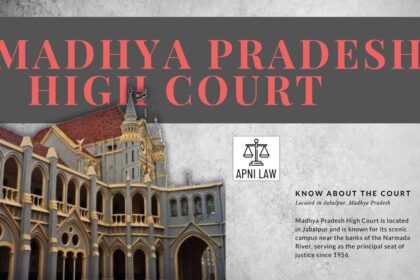Code
The rules contained in Chapter XXVII as to the judgment of a Criminal Court of original jurisdiction shall apply, so far as may be practicable, to the judgment in appeal of a Court of Session or Chief Judicial Magistrate:
Provided that, unless the Appellate Court otherwise directs, the accused shall not be brought up, or required to attend, to hear judgment delivered.
Explanation
This section outlines the requirements and procedures for judgments delivered by Subordinate Appellate Courts. These courts are positioned below the High Courts and handle appeals against judgments passed by lower courts, like Magistrate Courts. Section 387 emphasizes the following:
- Judgment Pronouncement: The judgment must be delivered in open court, allowing all parties involved to be present and hear the verdict.
- Reasons for Decision: The judgment should clearly state the reasons for the decision reached by the Appellate Court. This ensures transparency and allows parties to understand the basis of the court’s conclusion.
- Recording of Judgment: The judgment, along with the reasons, should be recorded in writing and signed by the presiding judge of the Subordinate Appellate Court.
- Copy of Judgment: Parties involved in the appeal have the right to receive a copy of the judgment. This facilitates understanding the judgment and exploring options for further legal action, if required.
- Judgment Delivery Date: Section 387 clarifies that the judgment is deemed delivered on the date it is pronounced in open court.
Illustration
Imagine a case where ‘A’ is convicted of theft by a Magistrate Court. ‘A’ appeals against this verdict to the Sessions Court (a Subordinate Appellate Court). After hearing the appeal, the Sessions Court decides to acquit ‘A’. The Sessions Court will then deliver its judgment in open court, clearly stating the reasons for the acquittal. This judgment will be recorded in writing, signed by the Sessions Judge, and copies will be provided to both ‘A’ and the prosecution.
Common Questions and Answers
Q: What if the judgment is not delivered in open court?
A: If the judgment is not delivered in open court, it might be considered a procedural irregularity. The party affected can raise this issue before the court to ensure compliance with Section 387.
Q: Can the judgment be delivered orally?
A: While the judgment can be orally pronounced, it should be subsequently recorded in writing, as per Section 387. The written record serves as an official and permanent record of the judgment.
Q: Can the court deliver a judgment without stating reasons?
A: No, Section 387 mandates that the judgment should include clear and concise reasons for the decision. This ensures fairness and allows for potential review or appeal.





